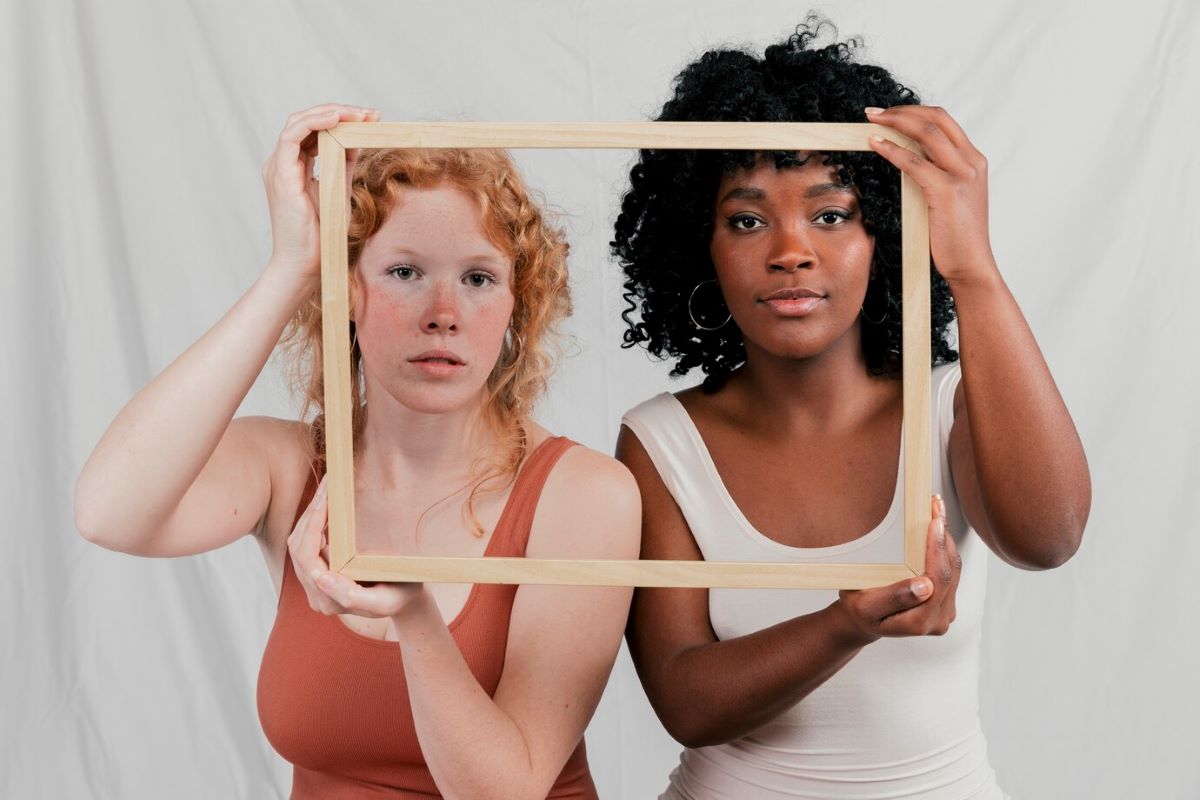Ending a romantic relationship is a journey through a complex landscape of feelings, each distinct yet interconnected. Moving through the emotions is akin to riding a rollercoaster, with twists and turns that may leave you feeling exhilarated, fearful, and disoriented all at once. There are many ways to navigate this challenging journey.
Denial
In the initial stage of a breakup, you might refuse to accept that the relationship is truly over. It is a natural response, as it can be challenging to come to terms with the end of something that once brought you joy and fulfillment. During this phase, you may hold onto hope for reconciliation, even in the face of evidence suggesting otherwise.
Shock
As the reality of the breakup begins to sink in, shock sets in. It’s as if the ground has been pulled from beneath your feet, leaving you numb and disoriented. This stage can be overwhelming, as it involves confronting the sudden void in your life where your partner once was. You might experience various physical symptoms, such as sleep disturbances, appetite changes, and even a sense of unreality.
Anger
You may feel deep anger as you grapple with the pain and injustice of the breakup. It’s a natural response to feeling hurt and betrayed. You may direct your anger towards your ex-partner, yourself, or the circumstances that led to the end of the relationship — acknowledging and expressing your anger in healthy ways, such as talking to a trusted friend or therapist, rather than letting it fester.
Bargaining
During the bargaining stage, you may make promises or attempt to negotiate with the universe to undo the breakup. You might replay scenarios, imagining what you could have done differently to save the relationship. While seeking solutions is natural, it’s essential to recognize that some things are beyond your control, and acceptance is a crucial step toward healing.
Depression
This stage involves profound sadness, a sense of loss, and feelings of hopelessness. You may find yourself withdrawing from social activities, experiencing changes in your appetite and energy levels, and struggling to find joy in things you once enjoyed. It’s essential to seek support during this stage through therapy, friends, or support groups.
Acceptance
Often considered as the light at the end of the tunnel, it’s the stage where you begin to make peace with the reality of the breakup and understand that it’s a part of your life’s journey. You start to let go of the past and look toward the future with renewed hope and a sense of self. While acceptance doesn’t mean the absence of pain, it signifies your ability to move forward despite it.
Seek Support
Don’t go through this journey alone. Reach out to friends, family members, or a therapist for support. Talk about your feelings with someone you trust who can comfort and help you process your emotions.
Practice Self-Care
Take care of your physical and emotional well-being. Get enough rest, eat nourishing foods, and engage in activities that bring you joy. Self-care can help alleviate some of the emotional strain.
Avoid Isolation
Resist the urge to isolate yourself. Maintaining social connections can help prevent loneliness and provide a sense of belonging during this challenging time.
Focus on the Future
It’s important to remember that there is no set timeline for healing, and everyone’s experience is unique. The key is acknowledging and honouring your emotions as they arise, seeking support when needed, and practicing self-compassion. With time and patience, you can navigate the emotional rollercoaster of a breakup and emerge stronger, wiser, and ready to embrace new opportunities for love and growth.
Jennifer Williams | Editor-in-Chief








